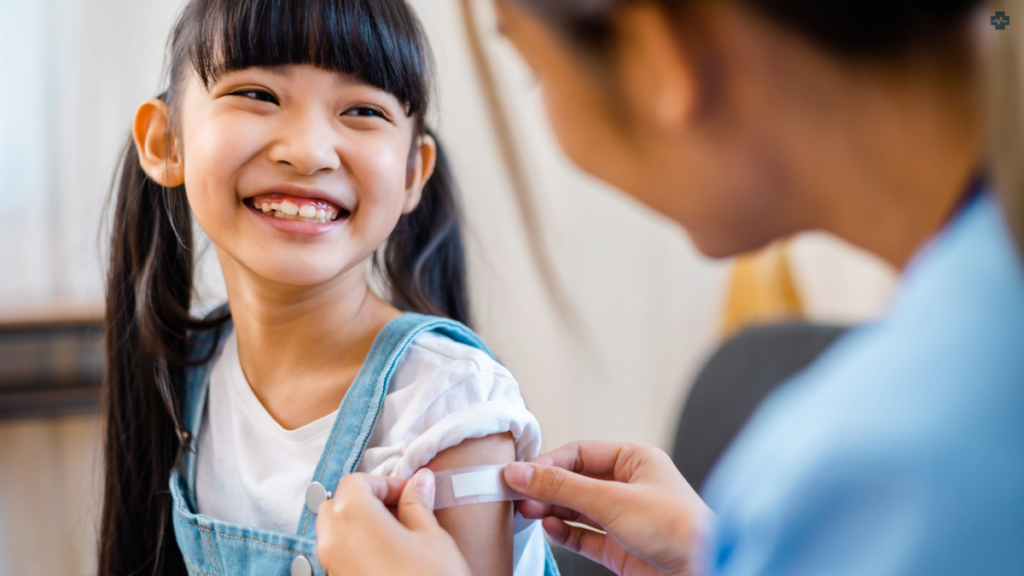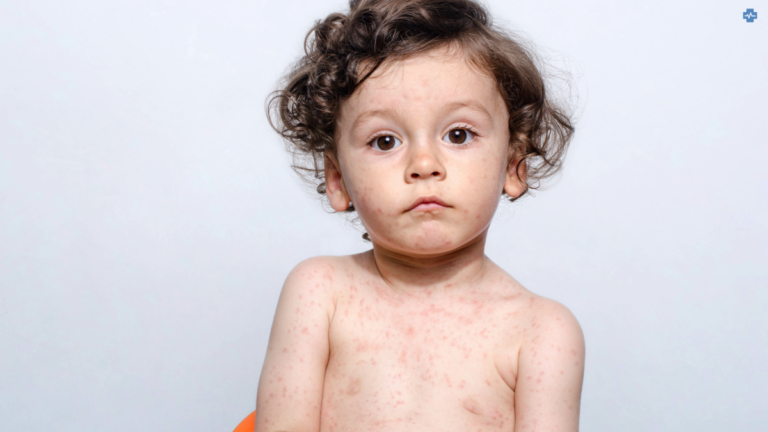The resurgence of vaccine-preventable diseases continues to alarm public health officials worldwide. Much like the re-emergence of polio in certain regions in recent years, its now the turn of measles. A highly contagious but preventable disease, measles saw a significant global surge in 2023. With an estimated 10.3 million infections and 107,500 deaths, the crisis has started people talking. Debates about vaccine accessibility, public health infrastructure and the lingering effects of the COVID-19 pandemic on immunisation programs, are raging online.
Measles Cases on the Rise
In 2023, measles cases increased by 20% globally. That is the largest surge in nearly a decade. This uptick has been most pronounced in Africa, the Eastern Mediterranean, Southeast Asia and even parts of Europe. Nearly half of the most disruptive outbreaks occurred in African nations. The disease’s mortality rate decreased slightly by 8% compared to 2022. Largely due to improved access to healthcare in certain regions. Nevertheless, measles continues to disproportionately affect children under five, the most vulnerable population.
Dr Tedros Adhanom Ghebreyesus, Director-General of the World Health Organization (WHO) was critical.
“This is a public health emergency that should never have happened, given that we have safe, effective vaccines that can prevent this disease” – Dr Tedros Adhanom Ghebreyesus
Falling Vaccination Rates
The measles surge is directly linked to declining vaccination rates. In 2023, only 83% of children worldwide received their first dose of the measles vaccine. A lesser 74% received the second dose. Both figures fall well below the 95% coverage required to prevent outbreaks. Over 22 million children missed at least one vaccine dose, leaving some communities highly vulnerable to this highly contagious virus.
The decline in vaccination rates has been exacerbated by the COVID-19 pandemic. The global emergency disrupted routine immunisation programmes. Lockdowns, supply chain issues, and a shift in healthcare resources to pandemic management led to a significant drop in vaccine coverage that has not yet fully recovered.
Dr Kate O’Brien, Director of the WHO’s Immunisation, Vaccines, and Biologicals Department, noted: “The backsliding in vaccination rates is a tragic reminder of how fragile progress can be when routine immunisation is interrupted. Measles is a canary in the coal mine for broader immunisation gaps”.
The Role of Vaccine Hesitancy

Adding to the issue is the rise of vaccine hesitancy, particularly in wealthier nations. Misinformation on social media, government suppression of information and public debates about vaccine safety have contributed to lower vaccination rates in areas where vaccines are widely accessible. This socio-political trend has allowed some cases of unvaccinated individuals to become potential hubs for outbreaks, even in high-income countries.
Efforts to Curb the Crisis
The WHO and the US Centers for Disease Control and Prevention (CDC) have called for urgent vaccination campaigns to address the current gaps. These efforts include:
- Strengthening routine immunisation programmes to ensure children receive both doses of the measles vaccine.
- Conducting catch-up vaccination campaigns in regions with the lowest coverage rates.
- Improving surveillance systems to detect and respond to outbreaks more effectively.
- Running public awareness campaigns that focus on educating communities about the importance of measles vaccination, especially for those planning to travel internationally.
Despite these efforts, challenges remain in areas with limited access to healthcare, political instability, or widespread misinformation about vaccines. The surge in measles cases has sparked renewed debates about global funding for vaccines. Many public health advocates argue that wealthier nations and global organisations must prioritise investment in immunisation programmes.
In addition to improving access to existing vaccines, there is also a call to fund the development of new measles vaccines that may offer longer-lasting immunity or easier delivery methods, such as oral vaccines. A leading global health expert, remarked, “This crisis underscores the importance of sustained funding for vaccine development and distribution. It’s not enough to respond to outbreaks. We need to build systems that prevent them in the first place”. Words wisely spoken.
A Warning and Call to Action
The global surge in measles is a reminder of how quickly vaccine-preventable diseases can resurface if vaccination coverage declines. As public health systems work to recover from the setbacks of the COVID-19 pandemic, improving immunisation rates must remain a priority. With advances in vaccine delivery systems and increased funding, there is hope that these outbreaks can be stopped. But achieving this will require global cooperation and the public’s trust.
As Dr Ghebreyesus warned, “We have the tools to prevent measles. Now we must muster the political will and resources to ensure these tools reach everyone, everywhere”.

